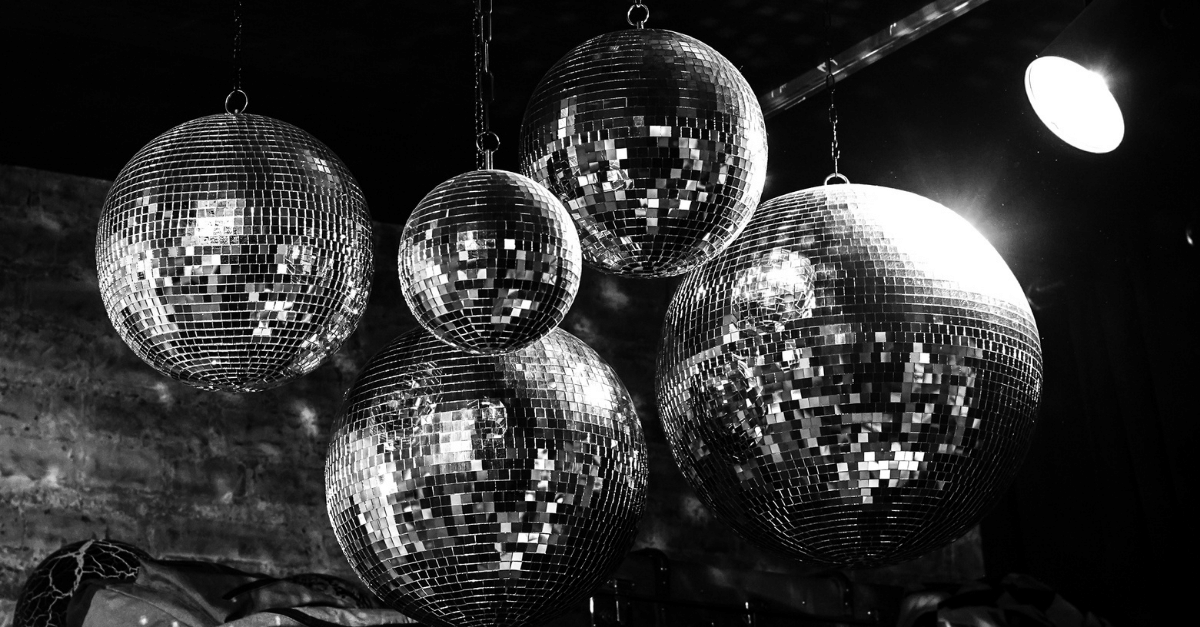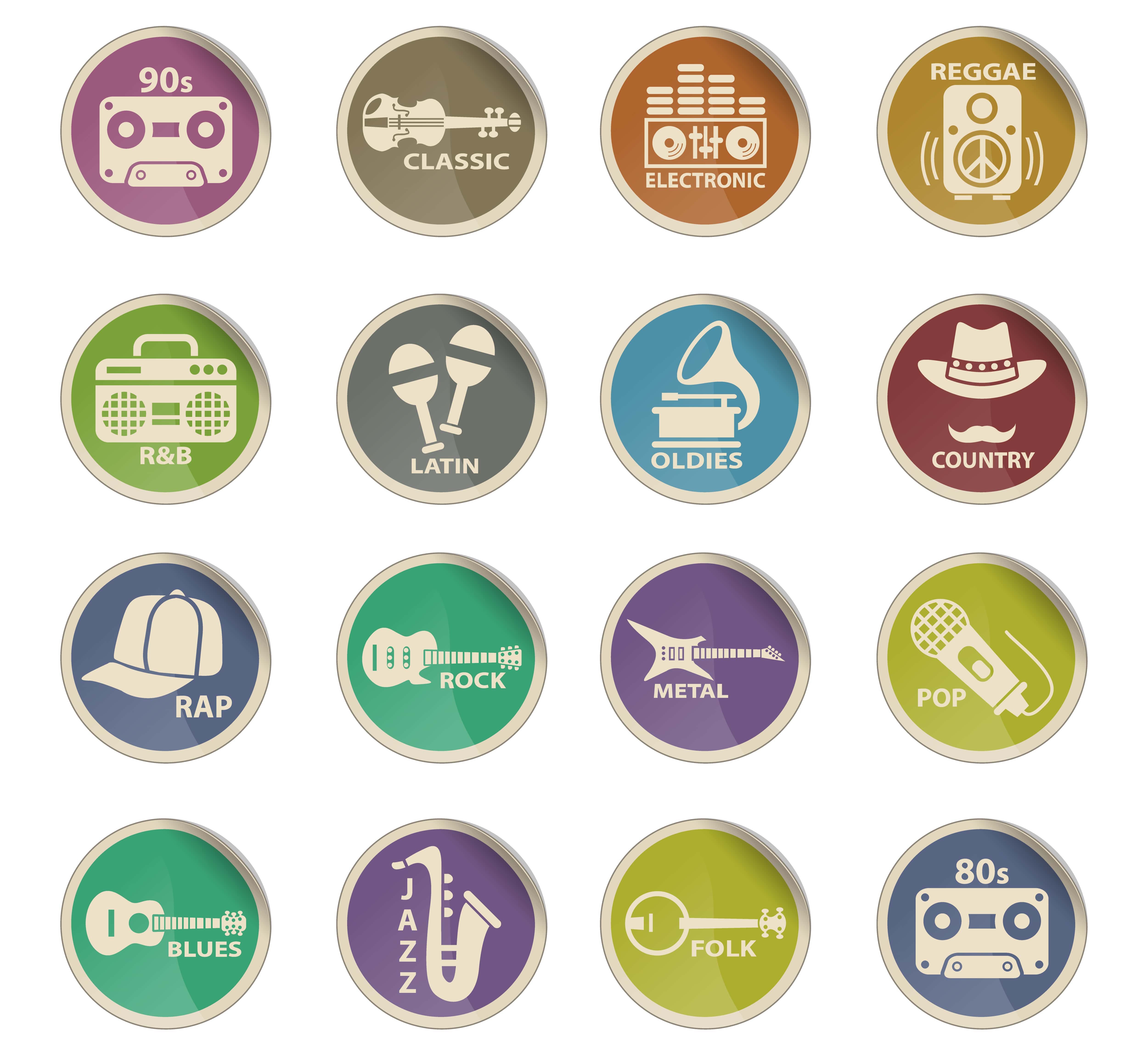
The 1970s witnessed the birth of a cultural phenomenon that would forever change the landscape of dance music. Disco, with its shimmering lights and infectious beats, not only defined an era but also laid the groundwork for future musical genres. This journey through disco’s dazzling era and its enduring legacy reveals how a movement rooted in inclusivity and liberation continues to influence the world of disco dance music today.
The Birth of Disco Era: A Cultural Melting Pot
In the heart of New York City, amidst social upheaval and cultural shifts, disco emerged as a beacon of freedom and expression. Born in underground clubs, it became a sanctuary for marginalized communities, including people of color, LGBTQ+ individuals, and women. The genre blended elements from funk, soul, and Latin music, creating a unique sound characterized by its steady four-on-the-floor beats, syncopated bass lines, and string sections. Icons like Donna Summer, the Bee Gees, and Gloria Gaynor dominated the airwaves, embodying the essence of disco with their captivating tunes.

The Golden Age of Discotheques
The era of disco was as much about the music as it was about the experience. Legendary clubs like Studio 54 and Paradise Garage became symbols of excess and escapism, drawing crowds with their extravagant parties and celebrity sightings. These venues were more than just nightclubs; they were places where social barriers dissolved on the dance floor, uniting people through the power of music.
From Disco to Dance Music: An Evolutionary Tale
Although disco faced a significant backlash in the late ’70s, its spirit never truly faded. The genre’s emphasis on rhythm and danceability laid the foundation for house, techno, and modern electronic dance music (EDM). Pioneers of these new genres drew inspiration from disco’s beats and production techniques, blending them with emerging technologies to create fresh sounds. Today, artists like Daft Punk, Calvin Harris, and Madonna continue to channel disco’s energy and innovation, proving its lasting impact on dance music.
Disco’s Legacy: A Celebration of Diversity and Joy
Disco’s enduring legacy, shaped by pioneers like Giorgio Moroder and showcased in films like Saturday Night Fever, extends beyond its influence on dance music evolution. A genre birthed in disco clubs and amplified by Soul Train, it transcended racial and sexual barriers, as embodied by the contrast between white males and African Americans united on the dance floor. From the soulful rhythms of Makossa to the infectious beats of Salsoul Orchestra, disco recordings like Love to Love You Baby became anthems of joy, unity, and inclusivity. This era taught us the power of popular music to create spaces where everyone is welcome to express themselves freely.
Keeping the Disco Ball Spinning
As we reflect on the dazzling era of disco and its transformative impact on dance music, it’s clear that the genre was much more than a fleeting fad. It was a movement that captured the essence of a generation, inspiring a sense of freedom and togetherness that resonates to this day. Disco reminds us of the importance of celebrating life, embracing diversity, and, most importantly, never stopping the dance. Let the disco ball continue to spin, as we carry the spirit of disco into the future of dance music.







